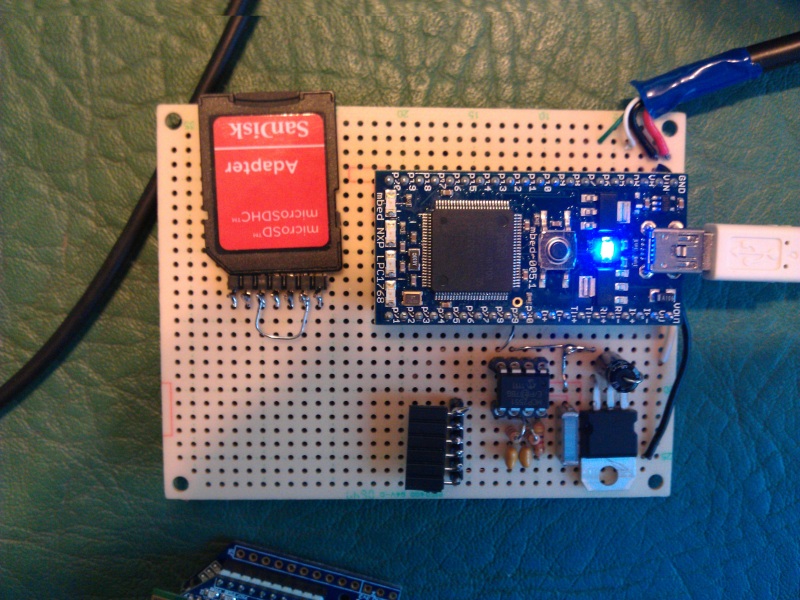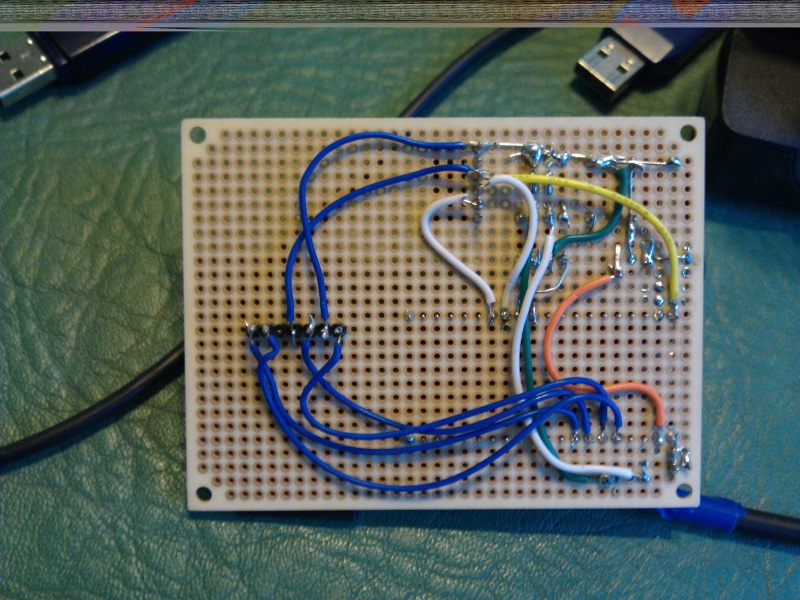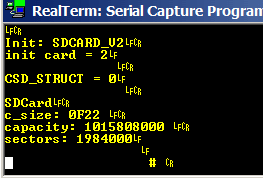@2009Prius
the typo is exactly what ken1784 told me 2 weeks ago...
He was right, and I forgot to change in the program 😳
And now, as you have nothing to do but waiting for your mbed ...
...
what do you think about map, bitset and mask ?
the idea would be, for passive frames, to transmit only interesting bytes to improve the qty of transferred data.
I imagine to store in filters.txt something like:
//id "mask stored as hex"
0B4 06 // 06 is '00000110' so we could send id + 2 interesting bytes instead of id + 8 bytes
I know how to fill the map from the file,
I know how to get the value for the map when working with an id,
but I feel a bit stupid how to convert this char to an 8 bit mask...
the typo is exactly what ken1784 told me 2 weeks ago...
He was right, and I forgot to change in the program 😳
about the sequencer, you are right the name "freq" is not a good choice, but maybe in japanese that means "periodicity" 😉, I will change the name...Anyway, I found a bug on your code (from moonlight's one).
If "reqTbl" size is 100, the index number should be from 0 to 99, not to 100.
It looks moonlight's code goes to 100 on above case.
Code:
msg_ReqIdx++; if (msg_ReqIdx > req_NumTbl) { msg_ReqIdx = 0; }
I believe it should be...
Code:
msg_ReqIdx++; if (msg_ReqIdx >= req_NumTbl) { msg_ReqIdx = 0; }
And now, as you have nothing to do but waiting for your mbed
what do you think about map, bitset and mask ?
the idea would be, for passive frames, to transmit only interesting bytes to improve the qty of transferred data.
I imagine to store in filters.txt something like:
//id "mask stored as hex"
0B4 06 // 06 is '00000110' so we could send id + 2 interesting bytes instead of id + 8 bytes
I know how to fill the map from the file,
I know how to get the value for the map when working with an id,
but I feel a bit stupid how to convert this char to an 8 bit mask...



